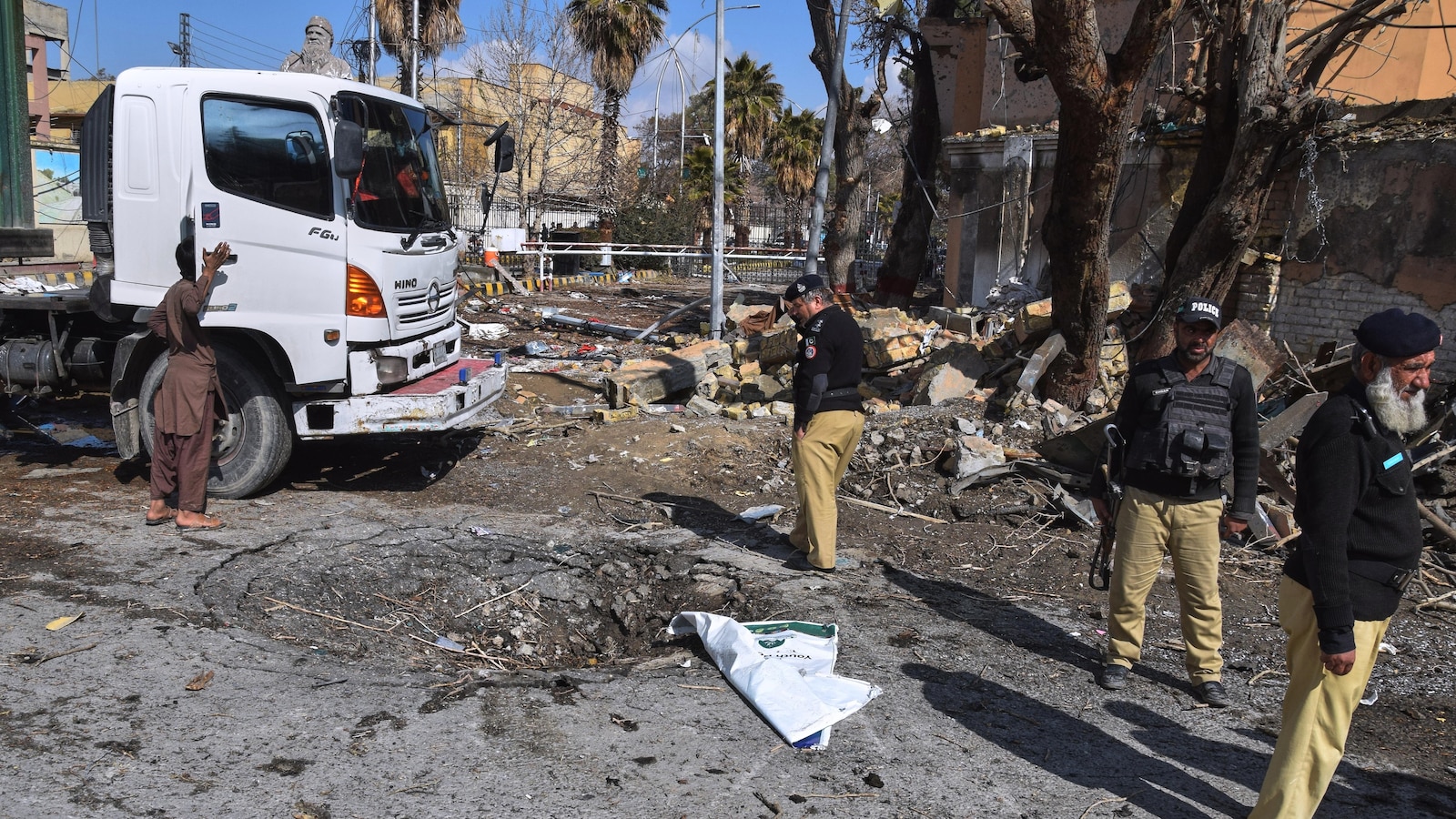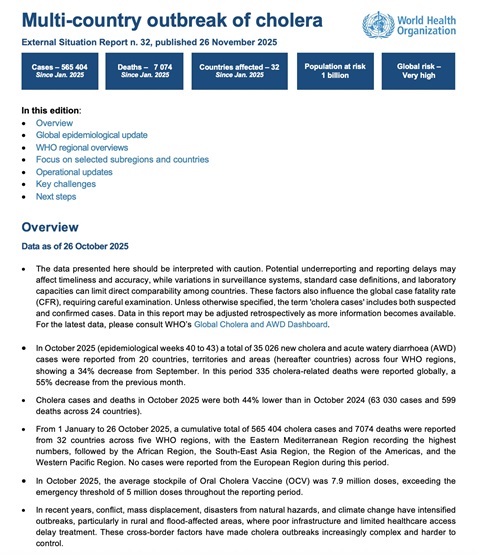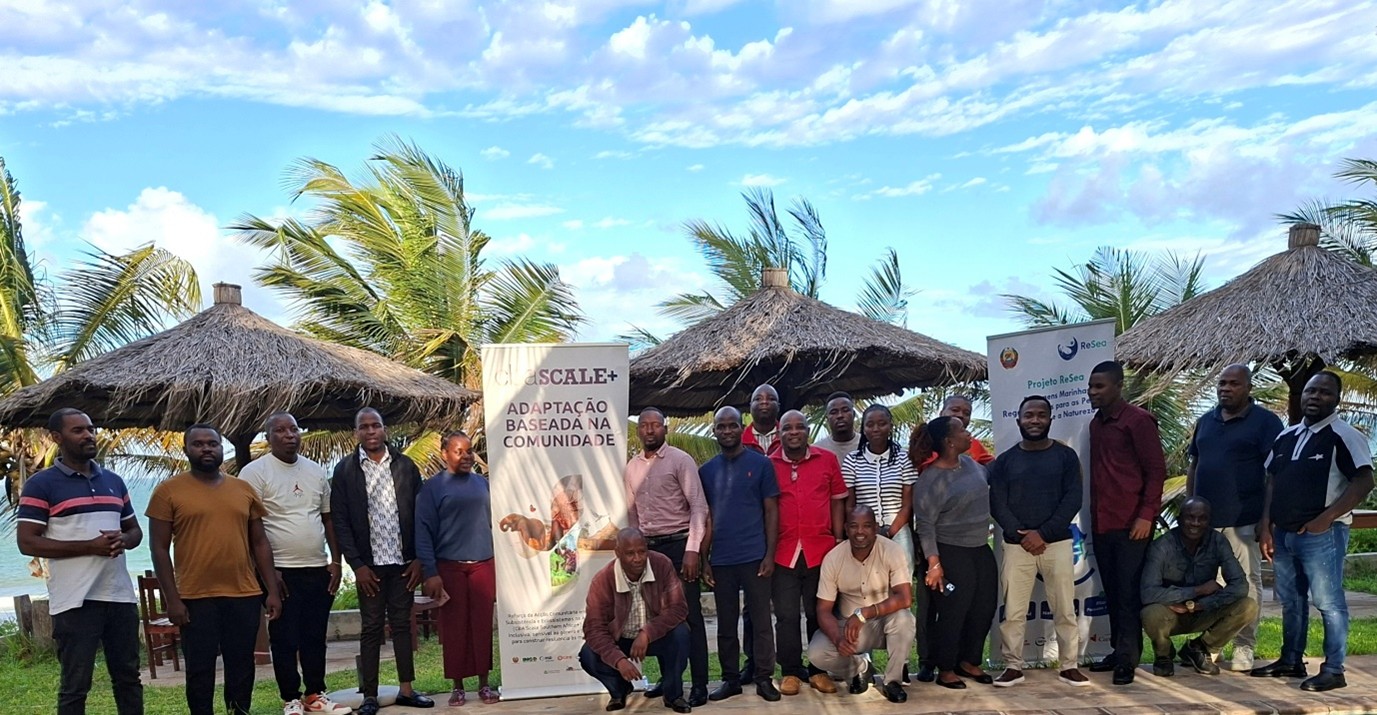GLOBAL WARMING COALITION WITH MEETING ON CLIMATE CHALLENGES – KQEN News Radio

Forum on Climate Adaptation and Sustainable Development Goals
Event Details and SDG Alignment
The Douglas County Global Warming Coalition will host a public forum titled “Meeting Today’s Climate Challenges, Community Resilience and Sustainability.” The event is scheduled to address critical local issues within the global framework of the Sustainable Development Goals (SDGs).
- Date: Thursday, October 30th
- Time: 6:30 p.m.
- Location: Ford Room, Roseburg Public Library, Northeast Diamond Lake Boulevard
Advancing Community Resilience in Line with Global Goals
The forum will focus on community adaptation and resilience to climate change impacts, particularly wildfires and extreme heat events. This initiative directly supports the achievement of several key United Nations Sustainable Development Goals.
Core Focus on Sustainable Development Goals (SDGs)
- SDG 13: Climate Action: The central theme is to take urgent action to combat climate change and its impacts. The forum aims to strengthen local resilience and adaptive capacity to climate-related hazards and natural disasters, directly addressing Target 13.1.
- SDG 11: Sustainable Cities and Communities: By focusing on community preparedness for wildfires and heat waves, the event promotes the goal of making human settlements inclusive, safe, resilient, and sustainable. It specifically contributes to Target 11.5, which aims to significantly reduce the number of people affected by disasters.
- SDG 3: Good Health and Well-being: The discussion on adapting to climate challenges inherently addresses public health risks associated with wildfires and heat waves, supporting Target 3.d by strengthening the capacity for early warning, risk reduction, and management of health risks.
- SDG 15: Life on Land: The inclusion of a regional fire specialist underscores the connection between climate adaptation and the protection of terrestrial ecosystems, a core component of SDG 15.
- SDG 17: Partnerships for the Goals: The collaboration between university extension services, county emergency management, and state social services exemplifies the multi-stakeholder partnerships essential for implementing the SDGs at a local level.
Expert Presenters
The forum will feature a panel of specialists whose work aligns with building a sustainable and resilient community:
- Dr. Chris Adlam: Southwest Regional Fire Specialist, Oregon State University Extension Service, Southern Oregon Research and Extension Center.
- Emily Ring: Douglas County Emergency Manager.
- Terra Ralph: Social Services Emergency Liaison, Oregon Department of Human Services.
1. Which SDGs are addressed or connected to the issues highlighted in the article?
The article highlights issues that are directly connected to the following Sustainable Development Goals (SDGs):
- SDG 13: Climate Action – The core theme of the article is a forum on “climate change adaptation and resiliency,” specifically addressing impacts like “wildfires” and “unprecedented heat waves.” This directly aligns with the goal of taking urgent action to combat climate change and its impacts.
- SDG 11: Sustainable Cities and Communities – The event is focused on community-level response, as indicated by the title “Meeting Today’s Climate Challenges, Community Resilience and Sustainability.” The involvement of the “Douglas County Emergency Manager” and the location in a public library emphasize the focus on making a local human settlement (Douglas County) more resilient and sustainable in the face of climate-related disasters.
2. What specific targets under those SDGs can be identified based on the article’s content?
Based on the article’s focus on local adaptation and resilience to climate-related events, the following specific targets can be identified:
-
SDG Target 13.1: Strengthen resilience and adaptive capacity to climate-related hazards and natural disasters in all countries.
The article explicitly states the forum’s purpose is to educate on “how the community can adapt to changes in the climate,” particularly in response to “wildfires” and “heat waves.” This effort to build local knowledge and preparedness directly contributes to strengthening the community’s resilience and adaptive capacity to these climate-related hazards.
-
SDG Target 11.b: By 2020, substantially increase the number of cities and human settlements adopting and implementing integrated policies and plans towards… adaptation to climate change, resilience to disasters…
The forum, organized by the “Douglas County Global Warming Coalition” and featuring the “Douglas County Emergency Manager,” is an action that supports the implementation of local plans for climate adaptation and disaster resilience. It represents a community-level effort to develop and disseminate strategies for managing climate challenges, which is the essence of this target.
3. Are there any indicators mentioned or implied in the article that can be used to measure progress towards the identified targets?
The article does not mention explicit quantitative indicators. However, the information provided implies actions that are measured by specific official SDG indicators:
-
Implied Indicator for Targets 13.1 and 11.b: The existence and implementation of local disaster risk reduction strategies.
The official indicators 13.1.3 (“Proportion of local governments that have adopted and implemented local disaster risk reduction strategies in line with national disaster risk reduction strategies”) and 11.b.2 (“Number of local governments that adopt and implement local disaster risk reduction strategies…”) are strongly implied. The forum itself, involving a County Emergency Manager and a coalition focused on global warming, is a tangible part of implementing such a strategy. The event serves as a mechanism for public education and engagement, which is a critical component of any local disaster risk reduction plan. The existence of the “Douglas County Global Warming Coalition” and the official role of an “Emergency Manager” suggest that such strategies are in place or under active development in Douglas County.
4. Create a table with three columns titled ‘SDGs, Targets and Indicators” to present the findings from analyzing the article.
| SDGs | Targets | Indicators (Implied) |
|---|---|---|
| SDG 13: Climate Action | Target 13.1: Strengthen resilience and adaptive capacity to climate-related hazards and natural disasters in all countries. | Indicator 13.1.3: The article implies progress by showcasing a local government (Douglas County) taking action through a public forum to build community resilience against climate impacts like wildfires and heat waves, which is a key component of implementing a local disaster risk reduction strategy. |
| SDG 11: Sustainable Cities and Communities | Target 11.b: Substantially increase the number of cities and human settlements adopting and implementing integrated policies and plans towards… adaptation to climate change, resilience to disasters… | Indicator 11.b.2: The forum, involving local government officials like the “Douglas County Emergency Manager,” demonstrates that the local government is actively engaged in implementing plans for climate adaptation and disaster resilience, aligning with the measurement of this indicator. |
Source: kqennewsradio.com
What is Your Reaction?
 Like
0
Like
0
 Dislike
0
Dislike
0
 Love
0
Love
0
 Funny
0
Funny
0
 Angry
0
Angry
0
 Sad
0
Sad
0
 Wow
0
Wow
0
















































































